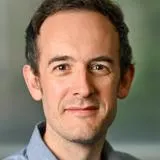The Brogan Group seeks to push the boundaries of biological systems so they can tolerate harsh and unnatural environments. Sitting at the interface between science and engineering, our primary aim is to develop new biotechnologies that will help us move to a more sustainable, renewable, economy.
Our society has an increasing demand for the fuels, plastics, and other essential chemicals that support our modern way of life. This growing energy requirement is in direct competition with the need to better protect our environment to mitigate the ongoing climate change we are experiencing. Furthermore, our relative inability to efficiently recycle current generation plastics has lead to an accumulation of waste that is an ongoing ecological disaster. We therefore need to start improving the efficiency of how we make the products we need, and how to recycle those we no longer need. Many of the processes involved in making our fuels and chemicals can be environmentally damaging. Similarly, many current recycling strategies are equally as energy intensive. As a result, we need to develop more environment-friendly and energy efficient processes.
Research in the Brogan Group aims to develop new enzyme-based biotechnologies to help us move to a more sustainable, renewable, economy. The major project in the group is the development of solvent-free liquid proteins as a novel biomaterial for the deployment of enzymes in industrially relevant solvent systems. The secondary project in the group is the design and synthesis of ionic liquid infiltrated polymer networks, “ionogels”, as versatile soft materials for biocatalysis and drug delivery.
Independent Websites
People
Projects
Protein-based Biomaterials for Non-Aqueous Biocatalysis
This new class of biomaterial has been shown to be a promising new technology where enzymes have been stabilized in non-aqueous environments. Using a variety of spectroscopic and scattering techniques, these novel biomaterials have been shown to allow for extreme enzyme thermal stability, stability against aggregation, and retained dynamics and enzymatic function all in the absence of water. Recently, we showed that protein-polymer surfactant nanoconjugates are soluble in both hydrophilic and hydrophobic ionic liquids, and demonstrated that biomolecule architecture can be preserved in the non-aqueous environment. Recent results involving the enzyme glucosidase demonstrated that the enzyme had significantly improved activity at 120 °C, and importantly, activity towards water insoluble cellulose. Projects in this area will focus on expanding the scope of these materials to new enzymes and processes, particularly plastic recycling. A. P. S. Brogan, L. Bui-Le, J. P. Hallett, Nat. Chem. 2018, 10, 859-865. A. P. S. Brogan, J. P. Hallett, J. Am. Chem. Soc. 2016, 138, 4494–4501. A. P. S. Brogan, K. P. Sharma, A. W. Perriman, and S. Mann, Nat. Commun., 2014, 5, 5058.
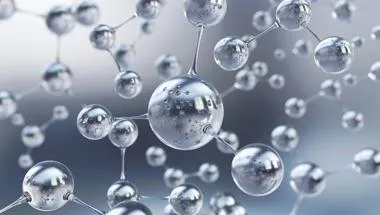
Biocompatible Ionogels for Drug Delivery
Research in the Brogan Group aims to develop ionogels as tuneable soft-materials to work at the interface between biology and technology. . Projects in this area focus on the synthesis of ionogels with a variety of biocompatible functional components and assessing their stability in aqueous environments and drug release capacity.
Publications
Activities
News
King's scientists discover enzyme used in laundry detergent can recycle single-use plastics
New method of chemical recycling achieves full degradation of plastics within 24 hours
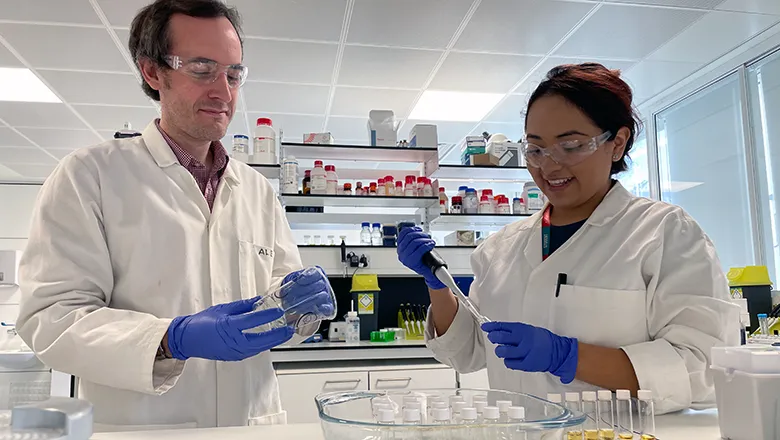
King's chemist tackles tidal wave of plastic waste as part of £6 million project
By integrating biochemistry into day-to-day recycling the new work hopes to make plastics more sustainable.
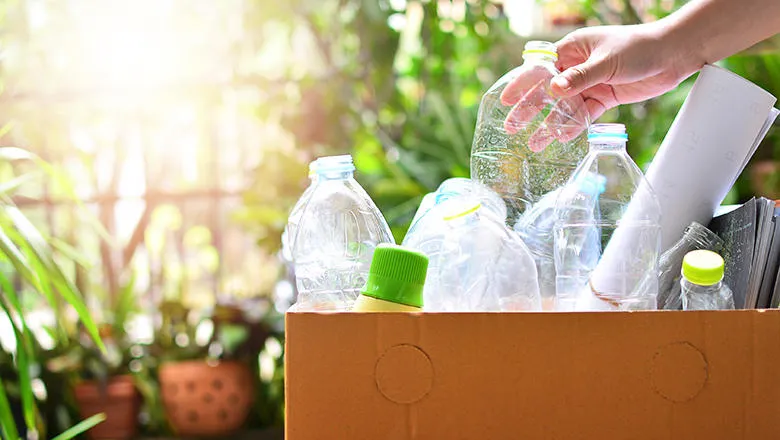
Events
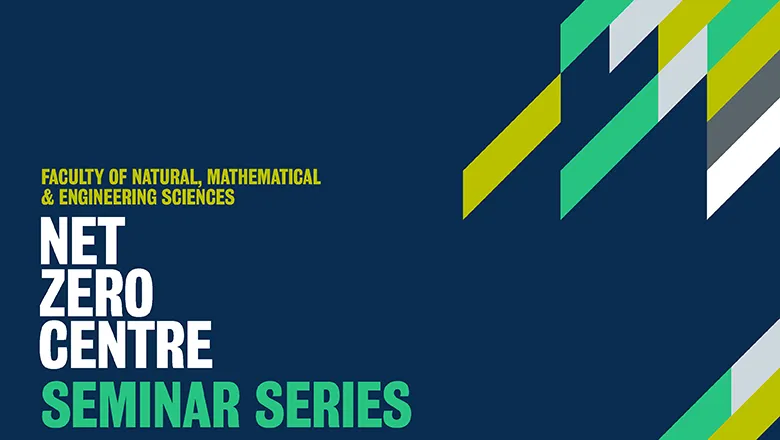
Expanding the scope of biocatalysis for sustainable chemical production
This October we welcome Alex Brogan, who will be speaking at our Net Zero Centre Interdisciplinary Seminar Series.
Please note: this event has passed.
People
Projects
Protein-based Biomaterials for Non-Aqueous Biocatalysis
This new class of biomaterial has been shown to be a promising new technology where enzymes have been stabilized in non-aqueous environments. Using a variety of spectroscopic and scattering techniques, these novel biomaterials have been shown to allow for extreme enzyme thermal stability, stability against aggregation, and retained dynamics and enzymatic function all in the absence of water. Recently, we showed that protein-polymer surfactant nanoconjugates are soluble in both hydrophilic and hydrophobic ionic liquids, and demonstrated that biomolecule architecture can be preserved in the non-aqueous environment. Recent results involving the enzyme glucosidase demonstrated that the enzyme had significantly improved activity at 120 °C, and importantly, activity towards water insoluble cellulose. Projects in this area will focus on expanding the scope of these materials to new enzymes and processes, particularly plastic recycling. A. P. S. Brogan, L. Bui-Le, J. P. Hallett, Nat. Chem. 2018, 10, 859-865. A. P. S. Brogan, J. P. Hallett, J. Am. Chem. Soc. 2016, 138, 4494–4501. A. P. S. Brogan, K. P. Sharma, A. W. Perriman, and S. Mann, Nat. Commun., 2014, 5, 5058.

Biocompatible Ionogels for Drug Delivery
Research in the Brogan Group aims to develop ionogels as tuneable soft-materials to work at the interface between biology and technology. . Projects in this area focus on the synthesis of ionogels with a variety of biocompatible functional components and assessing their stability in aqueous environments and drug release capacity.
Publications
Activities
News
King's scientists discover enzyme used in laundry detergent can recycle single-use plastics
New method of chemical recycling achieves full degradation of plastics within 24 hours

King's chemist tackles tidal wave of plastic waste as part of £6 million project
By integrating biochemistry into day-to-day recycling the new work hopes to make plastics more sustainable.

Events

Expanding the scope of biocatalysis for sustainable chemical production
This October we welcome Alex Brogan, who will be speaking at our Net Zero Centre Interdisciplinary Seminar Series.
Please note: this event has passed.




